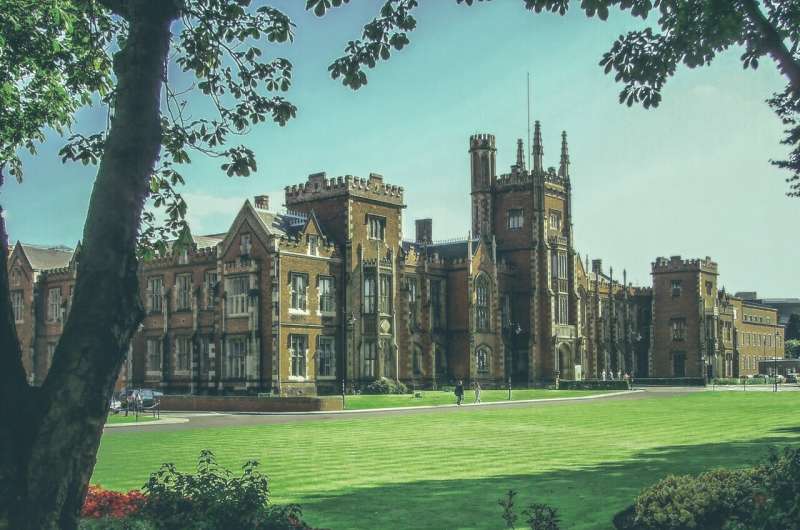This article has been reviewed according to Science X's editorial process and policies. Editors have highlighted the following attributes while ensuring the content's credibility:
fact-checked
trusted source
proofread
Well-performing pupils don't need to attend academically selective schools to thrive, study finds

Findings published in a new paper in the British Journal of Educational Studies challenge the idea that academically selective schools are necessary for clever pupils to achieve good outcomes.
Selective schools are government-funded schools that enroll only the highest performing students. Pupils take a standardized entrance exam, from which the best-scoring are enrolled.
Some argue that selective schools are necessary for bright pupils to reach their full academic potential. Selective schools can outperform or perform just as well as elite schools in final year exams, but without the high fees charged to parents. Hence, selective schools can offer a means for children from low socioeconomic backgrounds to receive a first-class education.
However, others argue that selective schools disproportionately benefit high-socioeconomic children whose parents can afford private tutoring to prepare them for the entrance exams.
"Studies show that parents wish to enroll their children into selective schools, because they believe it will increase the chances of their children getting into a prestigious university, and securing a well-paid and high-status job," says Melissa Tham, a research fellow at the Mitchell Institute at Victoria University, Melbourne, Australia.
To find out whether there are benefits associated with selective schools, Tham and her colleagues Shuyan Huo, and Andrew Wade tracked almost 3,000 pupils from the Longitudinal Surveys of Australian Youth (LSAY), a nationally representative survey program that follows young Australians over an 11-year period. The survey started when respondents were aged 15 in 2009.
As expected, the selective schools featured in the study had a higher proportion of academically high-achieving students, as measured by mathematics and reading scores.
However, at ages 19 and 25 there was little difference between the educational and employment outcomes of children who attended selective schools versus non-selective schools. For example, the study found that while 81% of selective school students went on to secure a job or university place at 19 compared to 77.6% of pupils from non-selective schools, this difference disappeared when the students were matched on key characteristics, including socioeconomic background, gender, and geographical location.
At age 25, all outcomes between selective and non-selective school students were not significant, except general life satisfaction. Attending a selective school increased a student's general life satisfaction score by just 0.19 points. Meanwhile, students who attended non-selective schools were just as likely to go on to study at university or secure a job as their peers who attended selective schools.
"These very modest findings indicate that attending an academically selective school does not appear to pay off in large benefits for individuals," says Andrew Wade, co-author of the study. "We argue that academically selective schools in the government sector therefore contradict the principles of inclusive and equitable education which underpin Australia's school system."
According to the authors, the findings suggest that more research is needed to determine whether selective schools offer any benefit to academically able students.
"Rather than tweak some aspects of the enrollment processes, we see greater value in conducting a thorough and critical examination of fully and partially selective schools, and scaling back selectivity if the supposed benefits are not found," says Huo.
More information: Does School Academic Selectivity Pay Off? The Education, Employment and Life Satisfaction Outcomes of Australian Students, British Journal of Educational Studies (2024). DOI: 10.1080/00071005.2024.2365189
Provided by Taylor & Francis





















